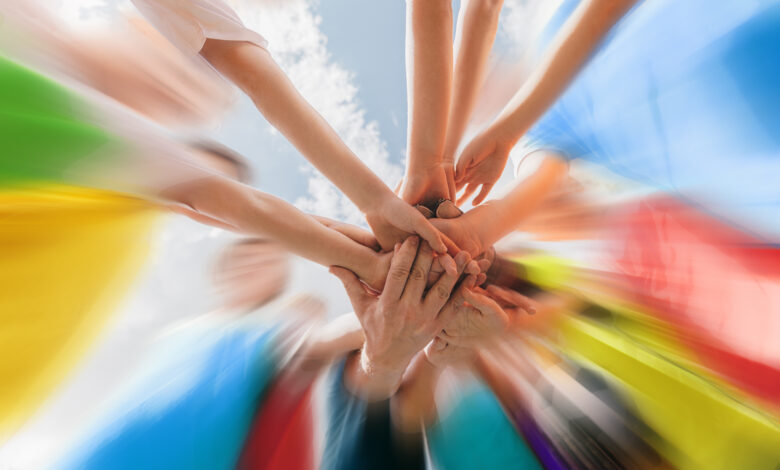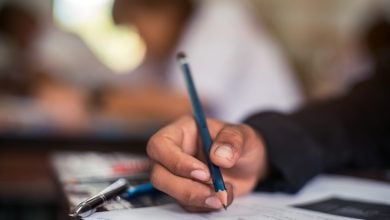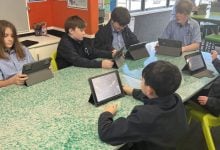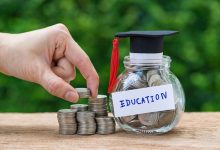Arts, culture and recreation positive for the wellbeing of rangatahi
Research from AUT demonstrates arts, culture and recreation have positive impacts on all aspects of children’s wellbeing.

Children and young people in Aotearoa New Zealand who participate in arts, culture and recreation experience better wellbeing, including higher school engagement.
This finding comes from Auckland’s University of Technology (AUT), which released the Arts, Culture and Recreation Participation and Wellbeing Amongst 12-Year-Olds report on Children’s Day last month. The study drew on the Growing Up in New Zealand study (GUiNZ) which follows over 6000 young people and their families from birth, and examines young peoples’ participation in extracurricular and free-time activities. It follows an earlier report that found 97 percent of young people participate in extracurricular and free-time activities.
Read the latest print edition of School News online HERE.
Free-time activities were defined as activities that young people choose to participate in during their own time, and could include: reading, physical activity, arts and crafts and listening to music. Extracurricular activities were defined as structured and organised activities like cultural and community groups, sports, and art, music or drama lessons.
Wellbeing was defined using a holistic Māori model of health that examined four key areas: wairua (spiritual health), tinana (bodily health), ngākau (emotional health) and here tangata (social and familial ties).
The report found that young people who engage in many different extracurricular activities and free-time activities report better wellbeing across the four areas, and higher school engagement. Young people with high levels of participation had stronger peer and parent-child relationships, better quality of life and health, stronger school engagement and a stronger sense of cultural identity.
Lead researcher Dr Rebecca Evans says the report deepens understandings of the mechanism behind wellbeing boosts for rangatahi involved in arts, culture and recreation.

“Kids that do at least five extracurricular activities (like sport practice, music lessons or kapa haka) have the strongest wellbeing scores. This effect was also seen where young people participated in at least four regular free-time activities (like drawing or playing outdoors).”
Although the report found that the relationship between wellbeing and participation in arts culture and recreation activities held true across most demographics, the strength of this relationship was moderated by gender and ethnicity for some aspects of wellbeing.
Cis-gender girls had the strongest relationship between participating in free-time activities and school engagement. Health-related quality of life and free-time activities was strongest for young Pacific people.
Young people living with disability had a more complex pattern of wellbeing outcomes. Participation in arts, cultural and recreation activities only had a weak positive effect on parent-child relationships and school engagement. For young people with disability participating in ngā toi Māori activities, however, there was a strong positive association between participation and parent-child relationships.
Evans notes: “We also specifically examined participation in ngā toi Māori activities and found that they contribute positively to wellbeing across demographics, including better school engagement. The report suggests that opportunities to engage in ngā toi Māori activities should be provided whenever possible.”
For rangatahi Māori, participating in ngā toi Māori activities was also associated with lowered anxiety. Transgender and nonbinary young people showed the strongest association between ngā toi Māori involvement and school engagement, highlighting the enhanced benefits some young people receive from participating in arts, culture and recreation.
Although the report examines associations and doesn’t imply causality, it says the findings “strengthen[s] direct links between arts, cultural and recreation participation and wellbeing amongst youth in this sample.
“Findings from this research have significant policy and practice implications, as all young people should have ready access to a variety of arts, culture and recreation activities.”
“It is also recommended that resources highlight the benefits of time spent engaging in extracurricular and free-time activities across settings for all young people. When provided in inclusive environments, these activities build a sense of belonging where young people are free to build relationships, extend their support networks, and develop a sense of who they are and their place in the world.”
The full report and is available for download at the Manatū Taonga | Ministry for Culture & Heritage website.









